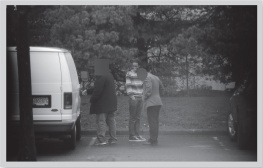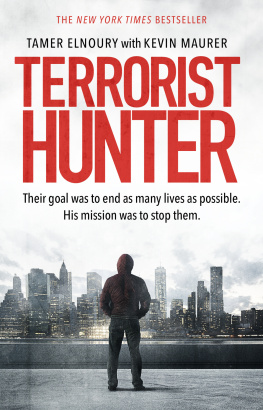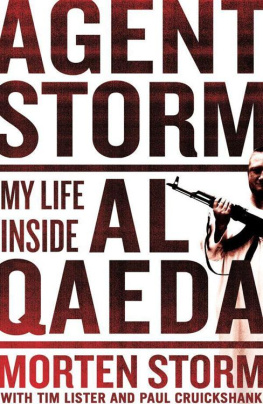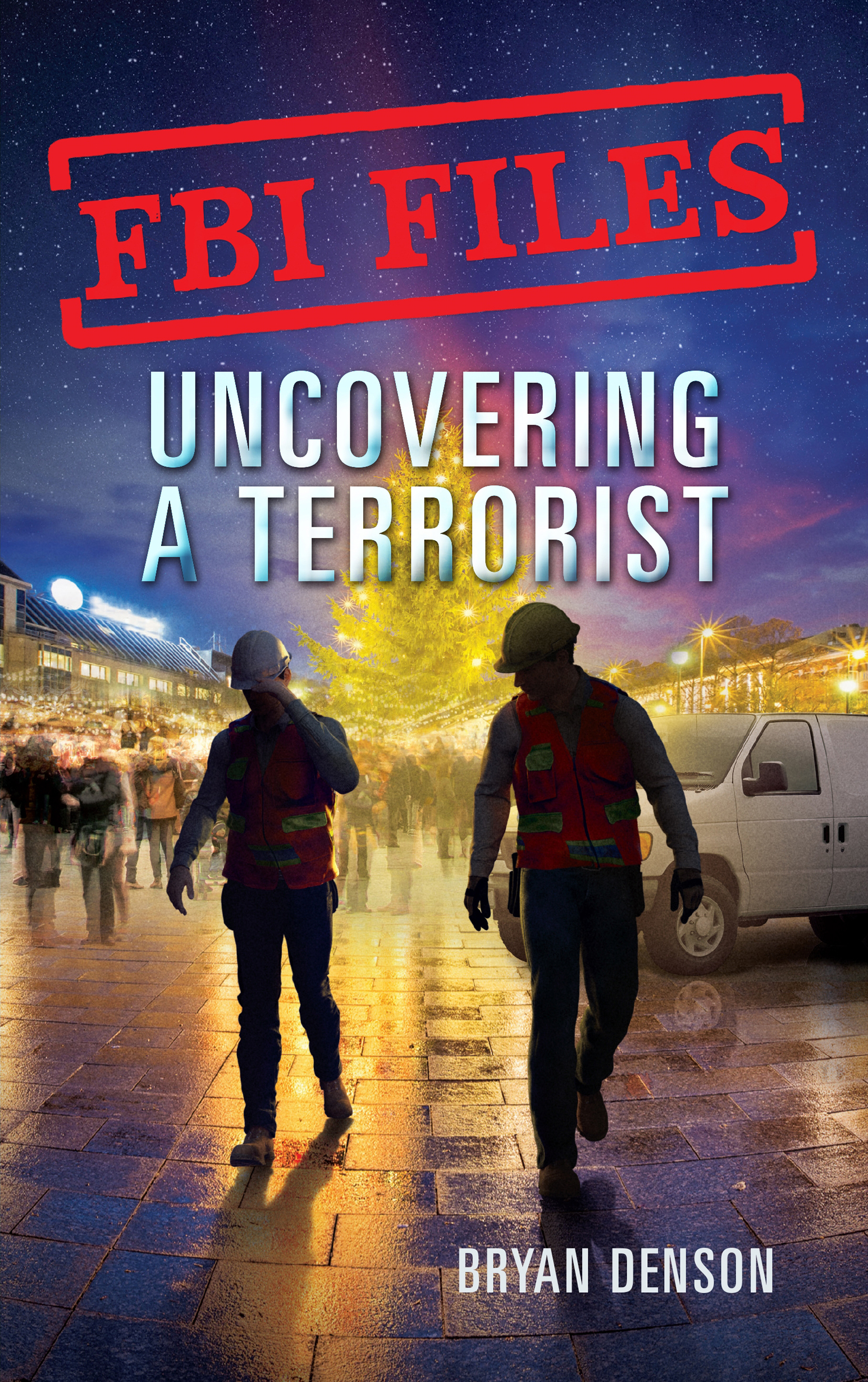The author and publisher have provided this e-book to you for your personal use only. You may not make this e-book publicly available in any way. Copyright infringement is against the law. If you believe the copy of this e-book you are reading infringes on the authors copyright, please notify the publisher at: us.macmillanusa.com/piracy.
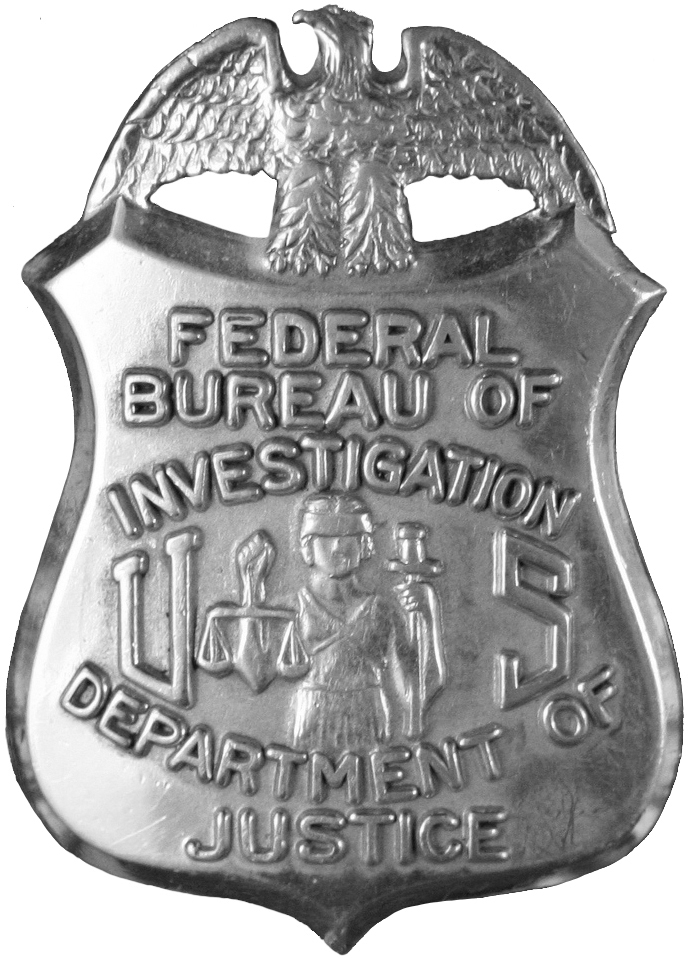
Take a close look at the badge on this page.
The shield is gold plated, stands two and a half inches tall, and comes with a solemn pledge. The FBI agents who carry these badges promise to defend the Constitution. They promise to protect Americans from all enemies. They promise to protect us no matter who our attackers might be, and where they might strike.
Fourteen thousand special agents of the Federal Bureau of Investigation, backed by 22,000 support personnel, carry those badges. They work night and day in every state, territory, and corner of the world. They live by the FBI motto: Fidelity, Bravery, Integrity.
In the early days of the organization, Americas worst threats were at home. In the 1930s, gun-toting gangsters with names like Al Scarface Capone, Charles Pretty Boy Floyd, and George Machine Gun Kelly Barnes got rich robbing banks, kidnapping children for ransom, and operating illegal bars and casinos. The FBI declared war on these public enemies, and succeeded in taking many off the streets. But in the last half of the twentieth century, Americans faced new and greater dangers in the homeland.
Highly organized street gangs, the mafia, outlaw bikers, and domestic terrorists became targets of the bureau. The most dangerous were white-supremacist groups such as the Ku Klux Klan. From the civil rights era into the 1980s, those secretive groups terrorized and sometimes killed people of color with fists, firearms, and explosivesand still do even today. By the late 1990s, the FBI declared Americas leading domestic terrorist threat to be underground groups such as the Earth Liberation Front, which firebombed businesses and government agencies it accused of harming the natural world.
Then, in a single morning, the FBIs mission changed forever.
On September 11, 2001, al-Qaeda terrorists boarded four jetliners on the East Coast. Once in the air, they seized control of the planes. In eighty-one minutes, they flew them into the World Trade Center towers in New York, the Pentagon in Virginia, and, thanks to intervening passengers, into a field in Pennsylvania. Those men, on a suicide mission, murdered nearly three thousand innocent people. It was the deadliest terrorist attack in U.S. historya foreign assault on American soil.
The attacks of 9/11 changed the FBI overnight. Agents still catch bank robbers, kidnappers, and other criminals, but their primary mission today is to protect Americans from terrorists, spies, organized crime, public corruption, cyberattacks, and assaults on our economic, military, and political systems.
Books in the FBI Files series spotlight the FBIs most amazing cases since the bureau began on July 26, 1908. You will meet some of Americas worst villains and the heroic men and women who brought them to justice. And you will understand why FBI agents live by the motto Fidelity, Bravery, Integrity.
The Target
Mohamed Osman Mohamud , an American citizen who came to the United States from his native Somalia when he was three years old
The FBI
Special Agent Ryan Dwyer
Special Agent Miltiadis Trousas
Special Agent Elvis Chan
Special Agent John Hallock
Undercover FBI operative Youssef
Undercover FBI operative Hussein
Supervisory Senior Resident Agent Nancy Savage
Key Defense Lawyers
Stephen Sady
Steven T. Wax
Key Prosecutors
Assistant U.S. Attorney Ethan D. Knight
Assistant U.S. Attorney Pamala Holsinger
U.S. Attorney Dwight C. Holton
The Judge
The Honorable Garr M. King
I have studied many kinds of terrorism during my long career in journalism, including those who kill in the name of their religion.
Terrorists calling themselves Christians, Muslims, Jews, Hindus, and Sikhs sometimes turn their faiths into weapons. They twist words of love, forgiveness, and brotherhood into declarations of war. Sometimes they use the words of their holy books to promote hatred in the name of God.
The story that follows of Mohamed Osman Mohamud is not evidence that Muslims are bad people. It is quite the opposite. The great majority of the worlds estimated 1.8 billion followers of Islam practice lives of peace, love, and kindness.
I encourage you to practice peace, too. Make the world a safer place. Love your families, your neighbors, and the planet and its creatures.
One day, in a future you can scarcely imagine, your children will thank you.
Bryan Denson,
June, 2020
Shortly before lunchtime on July 30, 2010, an eighteen-year-old college student named Mohamed Osman Mohamud walked to a bookstore in downtown Portland, Oregon, to meet a terrorist.
Outside Borders Books, Mohamud phoned the man he knew only as Youssef to let him know he had arrived. The two men had never met, but Youssef instructed him to pretend they knew each other. Mohamud, wearing black pants, a white T-shirt, and a blue fleece vest, stood and waited. Moments later, he spotted a man, in maybe his thirties, crossing the street. In his dark slacks and white button-down shirt, Youssef didnt look like an al-Qaeda recruiter. He could have been any businessman on his lunch break on that warm summer Friday.
The two men had traded encrypted emails for about a week and talked briefly on the phone. Now they were meeting face-to-face for the first time. They greeted each other in English and Arabic, wishing each other peace. Then they walked down the street side by side, making small talk. Mohamud told Youssef he had been born in Mogadishu, Somalia, and was now a student at Oregon State University.
Ten minutes after they shook hands, the two men walked into the Embassy Suites hotel. They found a private alcove off the main lobby and settled into a pair of high-back leather chairs. Youssef got right down to business.
What have you been doing to be a good Muslim? he asked.
Mohamud told him he had written articles and poems for a U.S.-based online magazine called Jihad Recollections. The publication, read worldwide, encouraged Muslims to rise up against America and the Western world. Mohamud wanted to wage jihad against those who did not follow the word of Islam. Jihad is a word used by Muslims to describe their daily struggle against sin. But Mohamud and those who produced Jihad Recollections used the word to describe holy war against people who rejected Allah (the Arabic word for God). They branded those disbelievers as infidels.
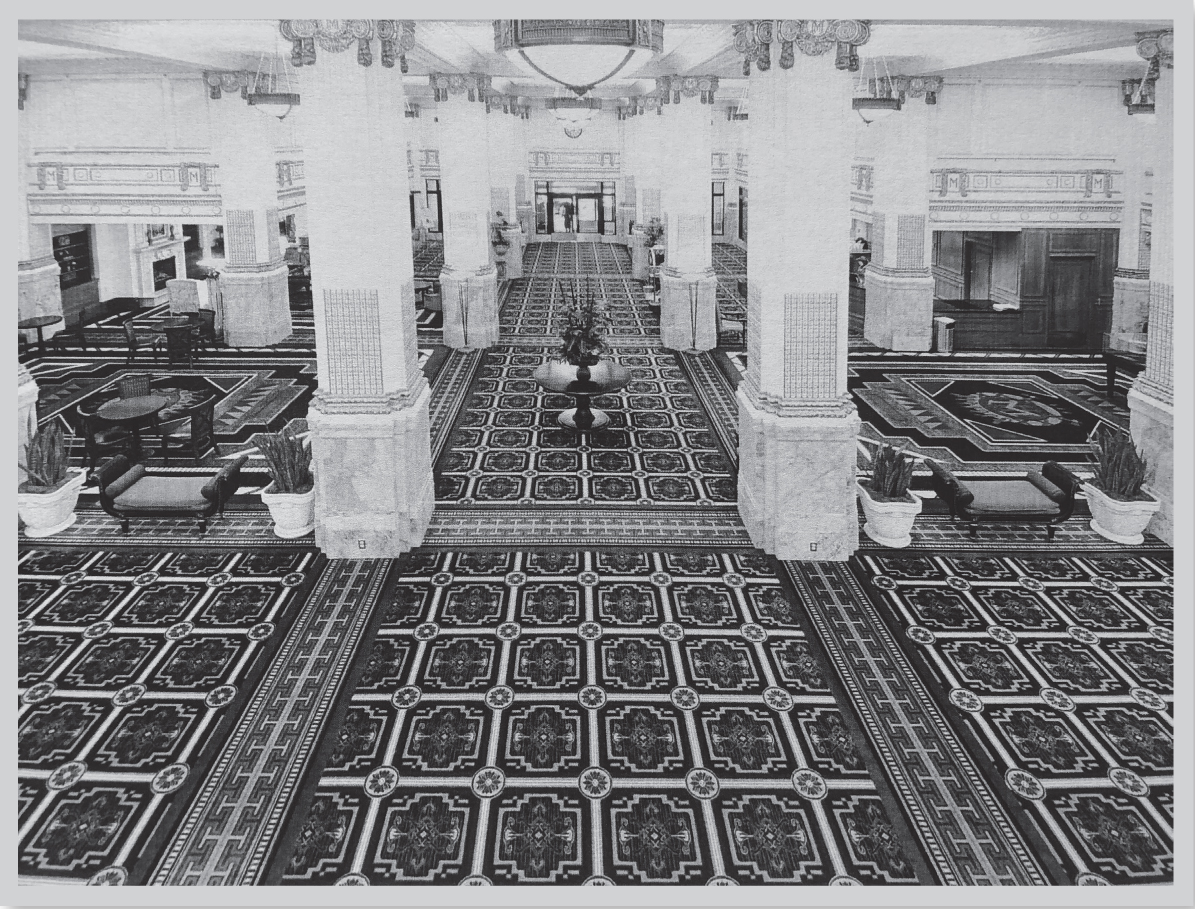
On July 30, 2010, Mohamed Mohamud and a man he thought was an al-Qaeda recruiter chatted privately in the lobby of the Embassy Suites by Hilton in downtown Portland, Oregon. Mohamud said he wanted to take part in a car bombingperhaps in Washington, D.C. (FBI)

